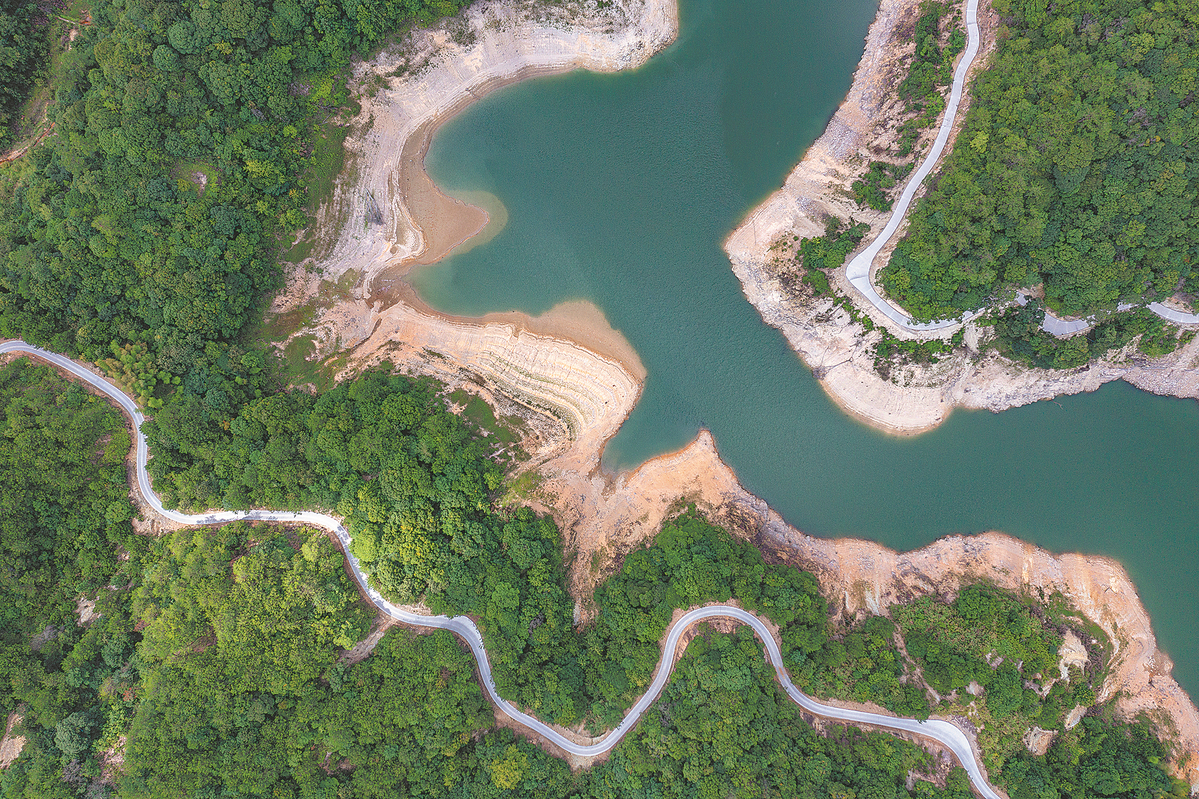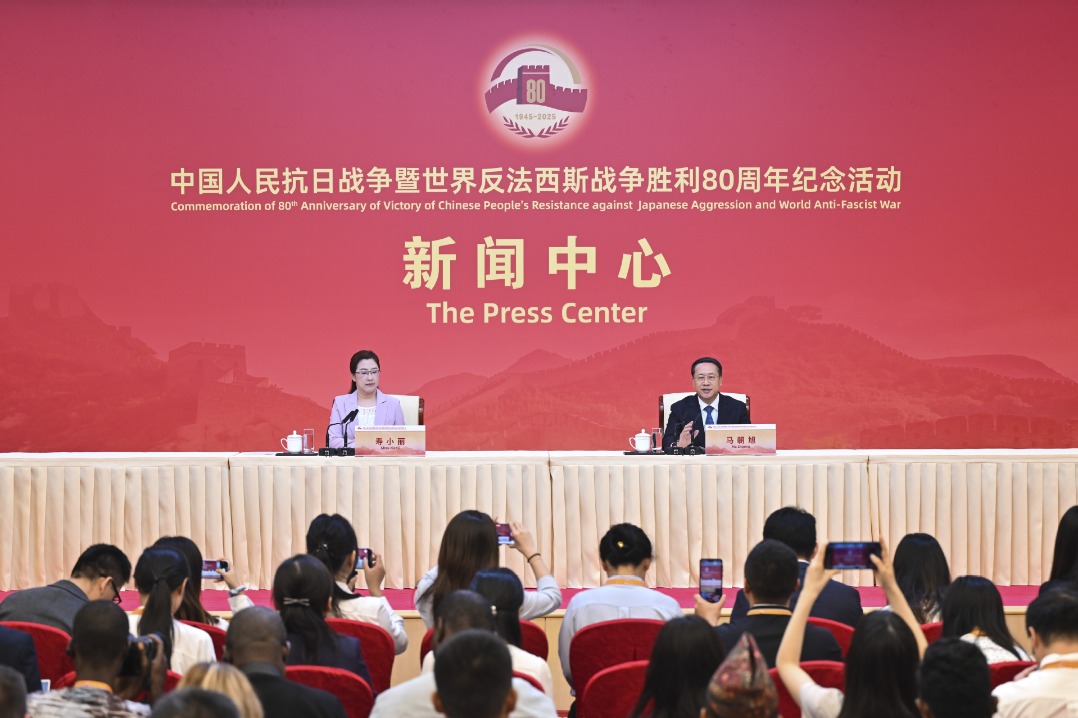Water conservation regulations announced
By Li Menghan | China Daily | Updated: 2024-03-22 08:58

China has unveiled its first national-level regulations on water conservation, which experts say provide legal guarantees for water security and ecological protection.
The regulations, issued by the State Council, China's cabinet, on Wednesday, will take effect on May 1.
Prioritizing critical issues in water conservation work, the regulations established comprehensive provisions covering water usage, water saving and water management.
Previously, water use management lacked legal supervision, said Zhang Zhiguo, deputy dean of the China Academy of Urban Planning and Design's water affairs institute.
"The regulations establish a comprehensive water management framework encompassing water measurement, planning, quotas, equipment and education, which is conducive to controlling overall water usage, optimizing the structure, improving efficiency and reinforcing a culture of water saving throughout society," Zhang said.
The regulations proposed determining rules on water use management to align it with socioeconomic development. This involves setting water usage quotas for key corps, industrial production and service sectors.
To leverage pricing mechanisms in water conservation, the regulations suggested implementing differentiated metering and pricing based on water sources and usage. This includes the application of tiered water pricing for residential water usage, and the imposition of additional charges for agricultural irrigation water usage that exceeds allotted quotas.
Additionally, China will restrict water-intensive projects in areas with severe water shortages or groundwater over-exploitation, and gradually phase out outdated and water-intensive technologies, equipment and products.
In addition, the regulations detailed water conservation measures in sectors such as agriculture, industrial production and urban areas.
This promotes a fundamental transformation from extensive and inefficient to conservation and intensive, said Zhang Qingyong, director of the Ministry of Water Resources' water conservation promotion center.
Governments at the county level and above will guide agricultural production and operation entities to adjust the structure of planting, breeding and water usage, and develop water-saving agriculture and dryland farming suited to local conditions, the regulations said.
New technologies are assumed to have great potential in optimizing agricultural production methods. The country will continue to support the research and development of new strains of drought-resistant crops and promote the scientific use and eco-treatment of aquaculture wastewater. Additionally, efforts will be made to promote irrigation technology to improve water use efficiency.
The regulations said industrial companies should set up a water conservation system, employing substandard water for manufacturing and recycling water from production equipment, air conditioners and boilers.
Existing irrigation facilities that fail to meet technical standards of water conservation and water-intensive companies that exceed allotted quotas will be ordered to carry out water-saving upgrades within a set period.
In urban landscaping and greening, water use efficiency should be a primary consideration. In regions facing significant water scarcity, the use of drought-resistant plants, implementation of water-saving irrigation techniques and regulation of water usage for artificial lakes should be prioritized.
Public water supply companies should improve the management of pipe facilities and ensure smooth operations. They are obligated to establish a leakage control system and reduce water losses; otherwise, any excess losses will not be factored into water pricing.
The regulations stipulate the legal responsibilities for illegal acts. For example, individuals who tamper with water meters may face fines ranging from 10,000 ($1,390) to 100,000 yuan. Similarly, businesses that resist water-saving renovations and neglect water recycling will be penalized.
Chen Maoshan, director of the Ministry of Water Resources' development research center, said strengthening supervision and clarifying legal liabilities will make the regulations more feasible and effective.
limenghan@chinadaily.com.cn























